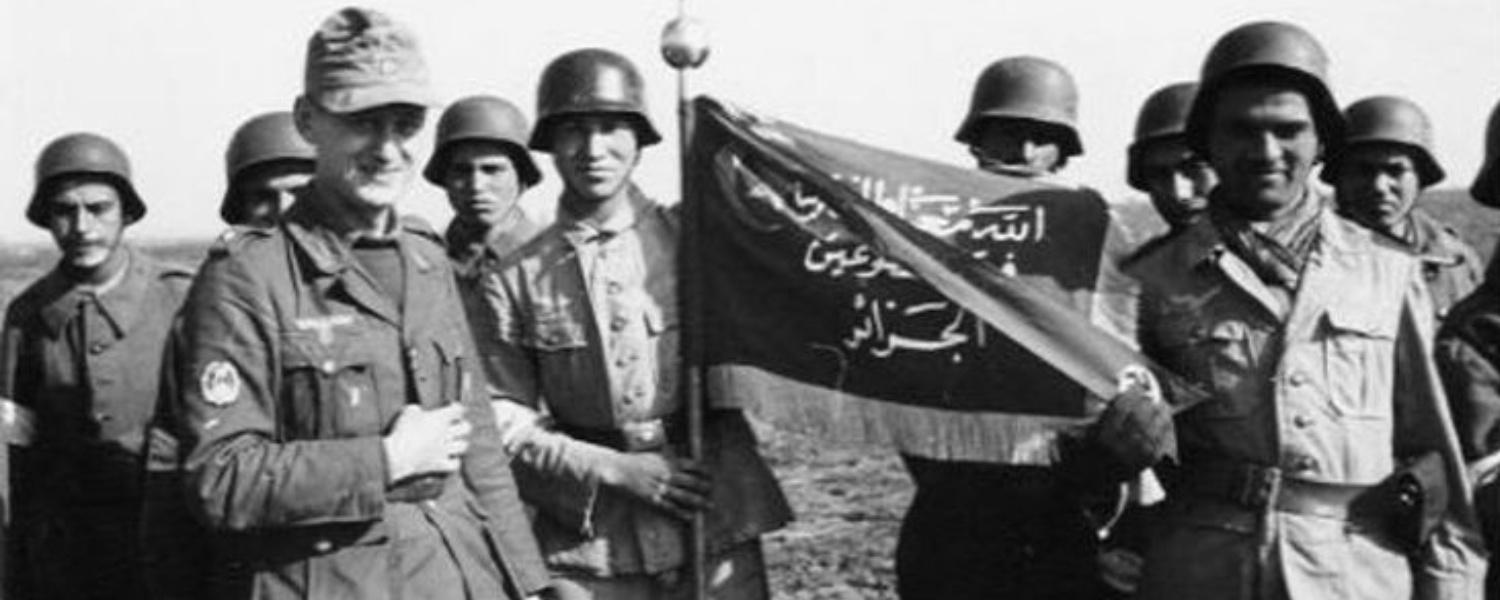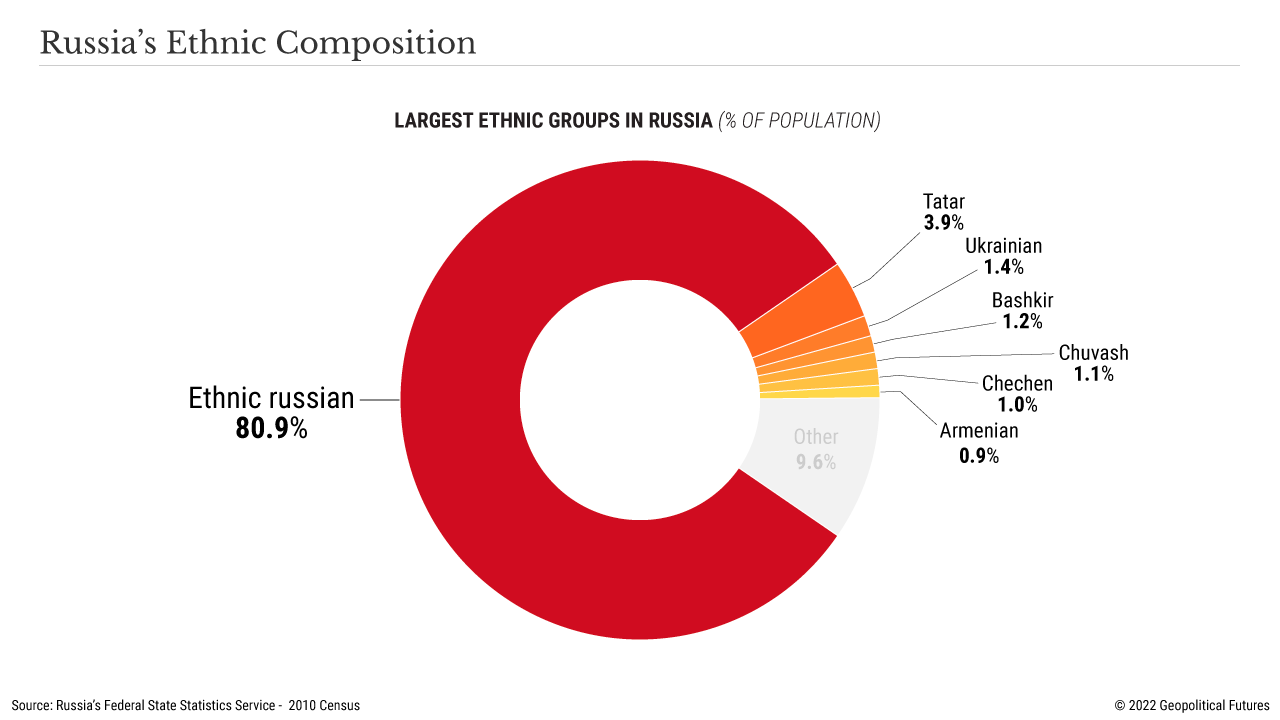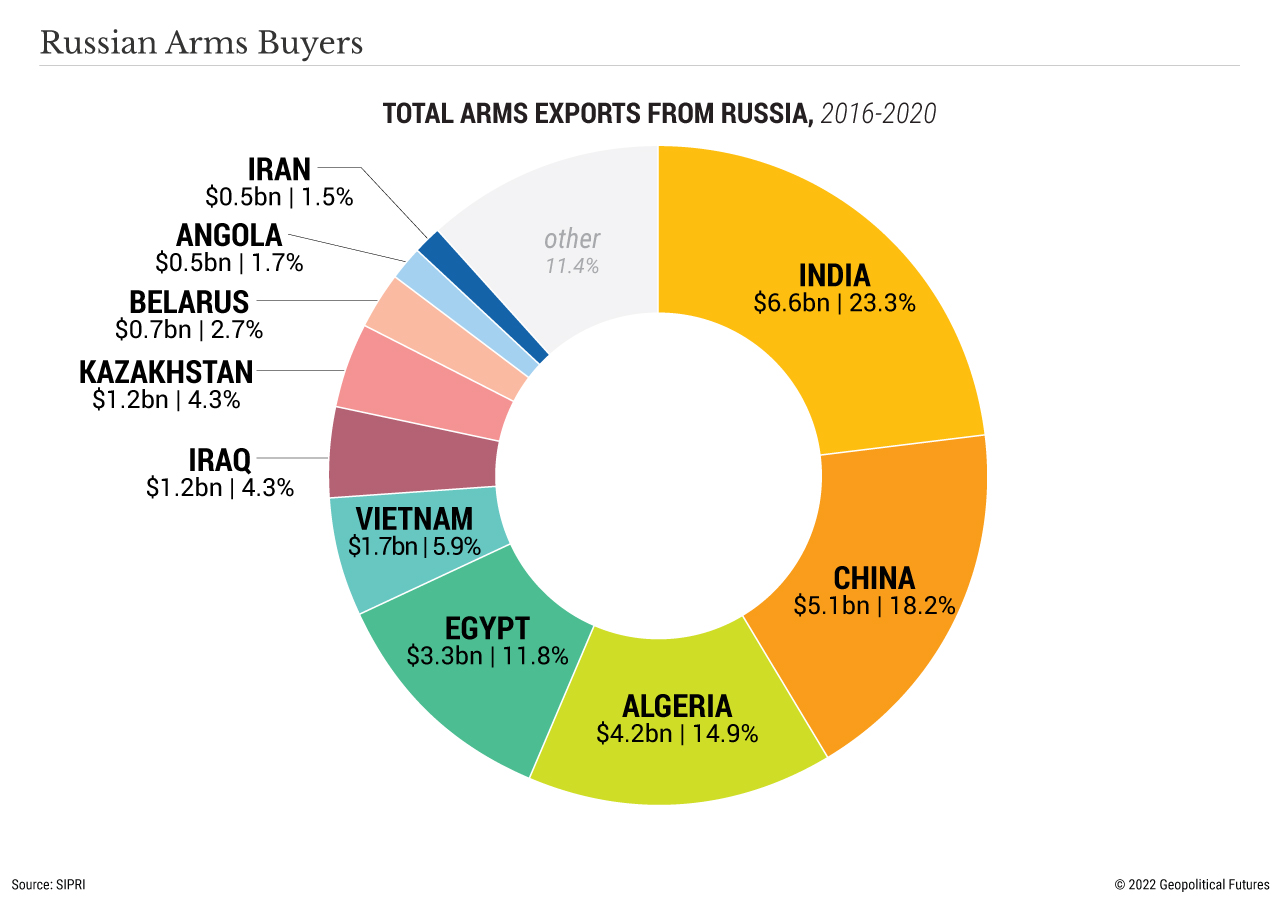Explaining Arab Affinity for Vladimir Putin
Arabs tend to support leaders who stand up to Western domination.

In Search of a Hero
Arabs are in constant search of new heroes, hoping to find another savior like Saladin, the Muslim leader who defeated the Crusaders in the Battle of Hattin and reconquered Jerusalem in 1187. In the 1950s, they thought they found their hero in Egyptian President Gamal Abdel Nasser, who promised to unite Arabs and destroy Israel. But his army’s massive defeat in the 1967 Six-Day War dashed their trust in conventional Arab armies, shifting them instead to Palestinian guerrilla movements that pledged to put up the fight against Israel. In 1982, Israel invaded Lebanon, displaced the Palestine Liberation Organization to Tunisia, forced its chief, Yasser Arafat, to seek peace with Israel, and tarnished Arafat’s image as the leader of a revolutionary movement.
 In 1988, Iraq won a pyrrhic victory against Iran after an eight-year
war, painting the result as a victory against Persian expansionism.
Saddam Hussein pursued ambitious weapons of mass destruction activities
that included a non-civilian nuclear program. Alluding to Israel’s
destruction of the Osirak nuclear reactor near Baghdad in 1981, Hussein
threatened in 1990 to destroy half of Israel should it try again to
dismantle Iraq’s nuclear facilities. Less than four months later, he
invaded Kuwait, declaring it Iraq’s 19th province and winning the
impassioned approval of Arab masses for initiating Arab unification. But
the Iraqi army’s staggering defeat at the hands of the U.S.-led
coalition quickly changed the perception of the Iraqi leader from
long-awaited Arab hero to irrational dictator.
In 1988, Iraq won a pyrrhic victory against Iran after an eight-year
war, painting the result as a victory against Persian expansionism.
Saddam Hussein pursued ambitious weapons of mass destruction activities
that included a non-civilian nuclear program. Alluding to Israel’s
destruction of the Osirak nuclear reactor near Baghdad in 1981, Hussein
threatened in 1990 to destroy half of Israel should it try again to
dismantle Iraq’s nuclear facilities. Less than four months later, he
invaded Kuwait, declaring it Iraq’s 19th province and winning the
impassioned approval of Arab masses for initiating Arab unification. But
the Iraqi army’s staggering defeat at the hands of the U.S.-led
coalition quickly changed the perception of the Iraqi leader from
long-awaited Arab hero to irrational dictator.
After their search for a native savior proved illusory, the Arab
masses turned to non-Arab leaders. Turkish President Recep Tayyip
Erdogan’s defiance of the West and anti-Israeli rhetoric presented him
as a credible role model for Arabs. But his vacillation and sudden
policy shifts caused many Arabs to change their minds.
Putin, meanwhile, created the impression that he could be a hero to
the Arabs, even though they did not regard him as a friend. In addition
to possessing an impressive nuclear capability, Putin modernized the
Russian military after becoming president in 2000. He launched a
successful war against Georgia in 2008 and annexed Crimea in 2014. He
defied the West and NATO and pledged to prevent Ukraine from becoming a
launching pad against the Russian Federation. He contested U.S. hegemony
in international politics and sought to replace it with a multipolar
system.
The Russian president presents himself as a masculine figure. He’s a martial arts expert. He rides horses, swims in cold water and hunts wild animals. These are masculine qualities Arabs don’t find in their own leaders. Arabs generally view Putin as a strong leader who does not bend under pressure and wants to reclaim Russia’s past glory. In fact, Russia emerged as a global power under Putin, who was named by Forbes Magazine as the world’s most influential person four years in a row between 2013 and 2016.
He also manages his population in a similar fashion as most of the Arab region’s ruling elite, using brute force to compel his people into submission. The more Putin shows might and resolve in the war in Ukraine, the more admired he becomes. Unlike insecure and tense Arab rulers, Putin exudes calmness and confidence, projecting an image of resolve and fortitude.
In Syria, he often demonstrated Russia’s military might extravagantly and unnecessarily, for example by launching ballistic missiles against poorly armed rebels from naval ships in the Black Sea and Caspian Sea. Arab Shiites often refer to Putin – who appears on posters everywhere in government-controlled areas, next to Assad and Hezbollah leader Hassan Nasrallah – as Hajj Abu Ali, or the lifter of injustice on the oppressed, for his role in crushing the country’s Sunni uprising. Arabs see Putin as the leader of a vast and powerful nation that holds its ground against the U.S., which is unwilling to confront him head-on because Russia is a nuclear power.
Lingering Soviet Legacy
Arabs treat Russia as the inheritor of the former Soviet Union. When they judge Putin’s actions today, they still draw on the Kremlin’s foreign policy during the communist era and its support for Arab causes, mainly the Palestinian question. Most Arabs have an anti-Western complex that has become an integral component of their collective consciousness. Given the U.S.’ firm support for Israel, Arabs tend to side with any country that opposes Washington’s foreign policy, irrespective of how they might personally feel about the matter.
The issues of colonialism and imperialism continue to preoccupy the Arab people, who remember the Soviet Union’s support for the Third World’s national liberation movements. They still hold this mindset, viewing Putin accordingly, even if mistakenly. Arabs would consider Putin’s victory in Ukraine as theirs, even if they do not benefit from it. They would find it gratifying to see Ukraine’s Western-supported Jewish president, a firm friend of Israel, lose to Russia. In this case, expediency, not principled beliefs, shapes Arab attitudes.
Arab countries also share historical ties to Russia. Putin doesn’t hide Islam’s integral place in Russian history and has often stressed the need to strengthen the quality of Islamic schools in Russia. Islam was introduced in Russia’s Volga region and the Caucasus in the 7th century, two centuries earlier than Christianity. The Russian Orthodox Church forged close ties with the Patriarchate of Antioch (previously part of Syria). Islam is Russia’s second-largest religion, with 20 million Muslims comprising almost 14 percent of the population. These ties were permanently embedded in Russian society in 1788, when Russian Empress Catherine the Great established the Orenburg Assembly and encouraged teaching the Arabic language in specific colleges and schools. Even though anti-Muslim discrimination exists in Russia, it is different from Islamophobia in the West. In Russia, discrimination takes the form of an ethnic hierarchy that favors Russian ethnicity.
Arab Leaders’ Affinity With Putin
For Arab rulers, communication with Russia is much easier than with the West because Moscow does not interfere in their domestic affairs. When the Arab uprisings spread in the region, Russia condemned them as a U.S conspiracy against the existing regimes. Putin threw a lifeline to Arab despots by crushing the Syrian revolt, which could have altered the political contours of the Middle East if it had succeeded. In 2018, when Saudi Crown Prince Mohammad bin Salman attended the G-20 summit shortly after the brutal assassination of Saudi dissident Jamal Khashoggi in Istanbul, he was treated as a pariah by most participants. U.S. President Donald Trump ignored him, and French President Emmanuel Macron and British Prime Minister Theresa May questioned him about Khashoggi’s murder. Putin, however, greeted him warmly, gave him a high-five, and shook his hand firmly.
Putin reaches out to Arab rulers and forges warm relations with them. When he welcomes them in Moscow, he sits next to them, rather than across a massive table as he does when he meets with Western leaders. Putin is keen on strengthening Russian relations with Arab countries, especially during the Ukraine war, which could force Russia into international isolation for months, if not years.
Russia is also a major armament source for several Arab countries. Since independence in 1962, Algeria has been a steady importer of arms from Russia, exceeding 80 percent of its military procurement. Egypt, the third-largest recipient of U.S. military hardware, returned to the Russian arms market after the Arab uprisings, currently importing more than 40 percent of its military needs from the country. Even the United Arab Emirates, traditionally dependent on Western arms, is now purchasing Russian military hardware, totaling 6 percent of its military imports. Putin also offered to sell the S-400 anti-aircraft missile system to Saudi Arabia.
Meanwhile, Washington has been disappointed by Arab leaders’ lack of condemnation of Russia’s war on Ukraine. Last week, U.S. Secretary of State Antony Blinken visited the region to enlist Arab support in helping to end the conflict. However, Arab nations are not in a position to press Putin to forgo his strategic objectives in Ukraine. Moreover, they are unwilling to change their approach to Russia, believing that staying close to Putin will moderate U.S. criticism of their national policies, especially on human rights and democratization.
Geographic proximity, cultural and religious overlap, and imperial Russia’s lack of colonial interest in the Arab region facilitated the Soviet Union’s intrusion into the area with anti-Western Arab blessing. Putin wants to promote Russia as a sanctuary from Western political dominance and a security shield should the U.S. decide to withdraw from the region entirely. It’s unlikely that the outcome of the war in Ukraine will adversely impact these ties.







No comments:
Post a Comment
Note: Only a member of this blog may post a comment.